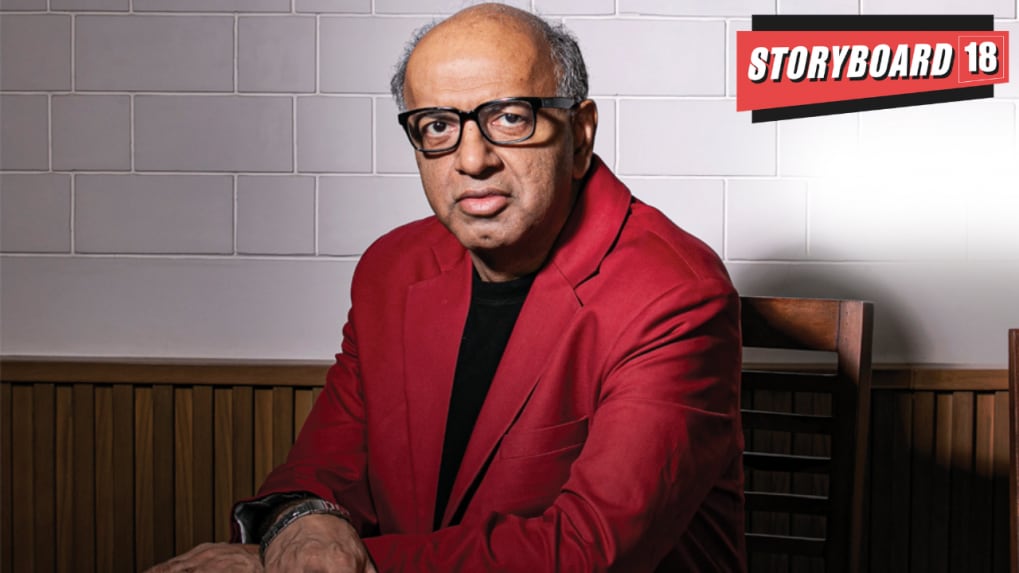Info Edge founder Sanjeev Bikhchandani shares investors' sentiment about loss-making startups
Bikchandani said the market will continue to remain cautious of loss-making startups.
ADVERTISEMENT
India Inc and startup visionary Sanjeev Bikhchandani said, “After the market correction post 2022, while technically a loss-making company can go public, I am doubtful of how receptive public markets will be of them unless there is a clear visibility of profits for the next few years,”
Bikchandani, Info Edge founder, said during an analysts call that the market will continue to remain cautious of loss-making startups unless they show a clear visibility on profits.
“I am not sure if investors will be willing to give these firms the valuations they expect,” he added.
Having said that, the year 2023 saw a change in the investor sentiment towards the new-age tech companies, as many, including Zomato, Paytm and PB Fintech, managed to improve their bottom line and turned profitable.
“The rise in the share price of Zomato and PB Fintech is coinciding with improvement in their bottom line,” Bikhchandani said. InfoEdge is an investor in both firms.
Recently CRED founder and CEO Kunal Shah's extraordinary journey from financial adversity to entrepreneurial success was spotlighted again, thanks to Bikhchandani. In a candid conversation at a Delhi coffee shop, Shah revealed that when his family went bankrupt, he worked as a delivery agent and data entry operator while studying philosophy at Mumbai's Wilson College.
Bikhchandani, who shared this on X, praised Shah's unique path in a world dominated by IIT and IIM graduates, saying, "In a world of IIT, IIM Founders, he stands out as a philosophy graduate." Shah chose practical philosophy because his family had gone bankrupt, forcing him to work full-time as a delivery boy and data entry operator. Philosophy was the only subject where classes ran from 8 a.m. to 10 a.m.
Shah's journey to financial independence began at the age of 16 when he worked odd jobs such as pirating CDs and running a cybercafé from home. Despite his success, he chooses to get paid Rs 15,000 per month as CRED's CEO. In an Instagram story, he explained his philosophy, stating that he believes in earning a substantial salary only when the company is profitable.

